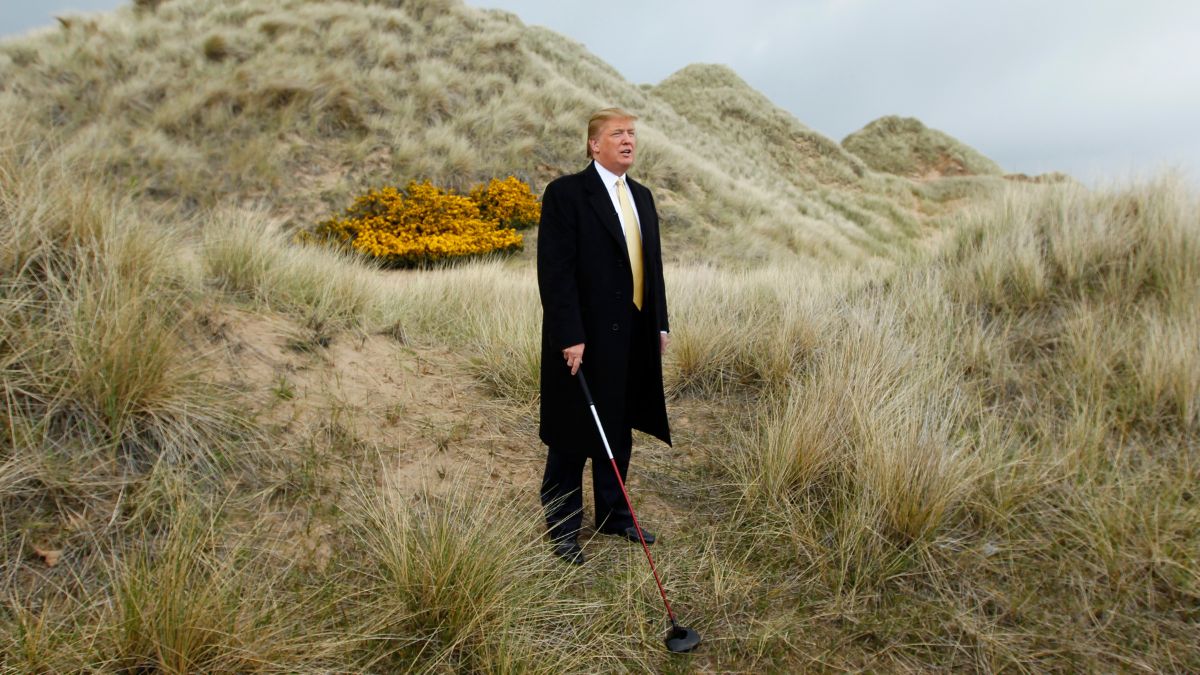China has pressured US President Donald Trump for concessions in the export controls regarding advanced semiconductors. Irrespective of his tough posturing, the president is likely to buckle as China has leveraged its near-monopoly over rare earth supplies to bend him to his will.
Notably, Trump has already been forced to undo his tough posturing and allow the export of Nvidia’s chips needed for artificial intelligence (AI) applications in China. But China appears to be looking for more relaxations and it has been joined in the lobbying by Western chipmakers Nvidia and AMD.
The 90-day trade truce between the United States and China reached in May will expire on Tuesday (August 12). Unless they agree to an extension, they two will revert to high tariffs — the United States had imposed 145 per cent tariffs on Chinese goods and China had imposed 125 per cent tariffs on US goods.
However, analysts have said that Trump is likely to buckle on China’s demand of relaxing export controls to avoid the embarrassment of not reaching a trade deal.
The resumption of sales to China of Nvidia’s H20 chips signaled a “modest course correction rather than a strategic shift” and Trump may consider offering concessions on export controls that others in his administration consider “excessive” in order to conclude a deal with Beijing, Gabriel Wildau, the Managing Director at political consultancy Teneo, told CNBC.
US firms push for export control relaxations as well
Trump is also being lobbied by American companies to relax export curbs.
Nvidia CEO Jensen Huang has persuaded Trump to approve his company’s AI chips’ sales to China by arguing that preventing such sales would hurt American companies as that would allow Chinese companies like Huawei to not just dominate the Chinese chips’ market but also incentivise them to pump more money into research and development to bridge the gap with the likes of Nvidia and AMD, according to The New York Times.
Impact Shorts
More ShortsHowever, there are serious reservations about the sale of such chips to China. In July, two former Trump administration officials joined 18 others with national security and economics background to write a letter to the administration and call such a sale “a strategic misstep that endangers the United States’ economic and military edge in artificial intelligence” that could be “a potent accelerator of China’s frontier A.I. capabilities, not an outdated chip”, as per The Times.
However, as Trump has already previously blinked over China’s near-monopoly of rare earth supplies, which are essential to make nearly everything today from household electronics to cars and fighter planes, it is likely he will accept China’s terms.
Moreover, Trump has wanted a bilateral meeting with Chinese leader Xi Jinping for months and Financial Times reported on Sunday that such a meeting would not take place until Trump’s relaxation of export controls on AI chips.


)

)
)
)
)
)
)
)
)



